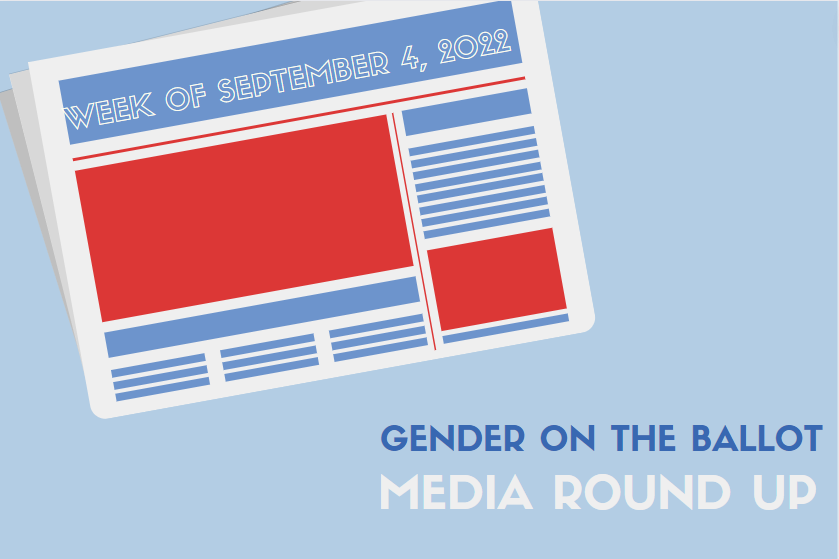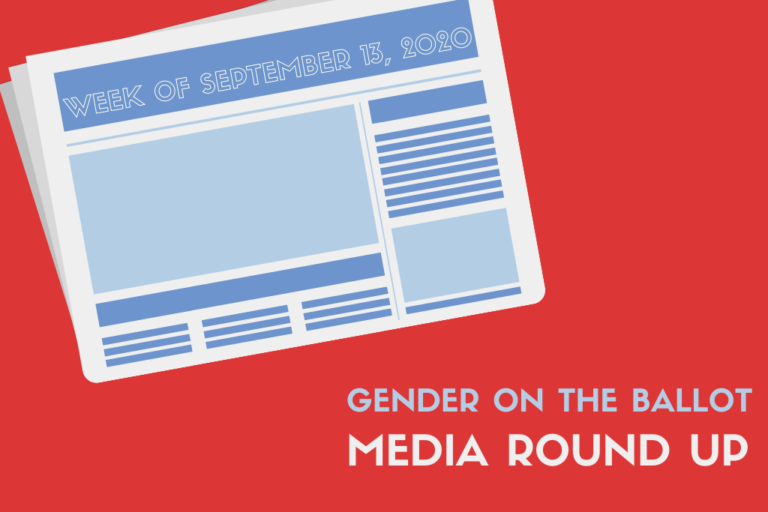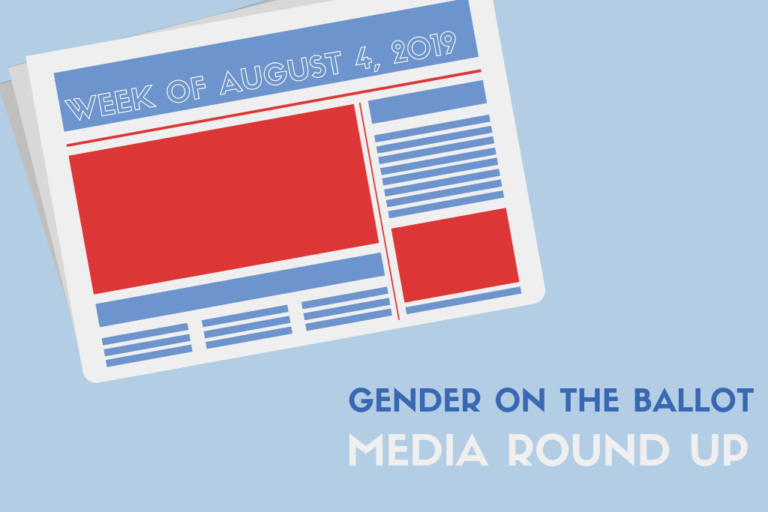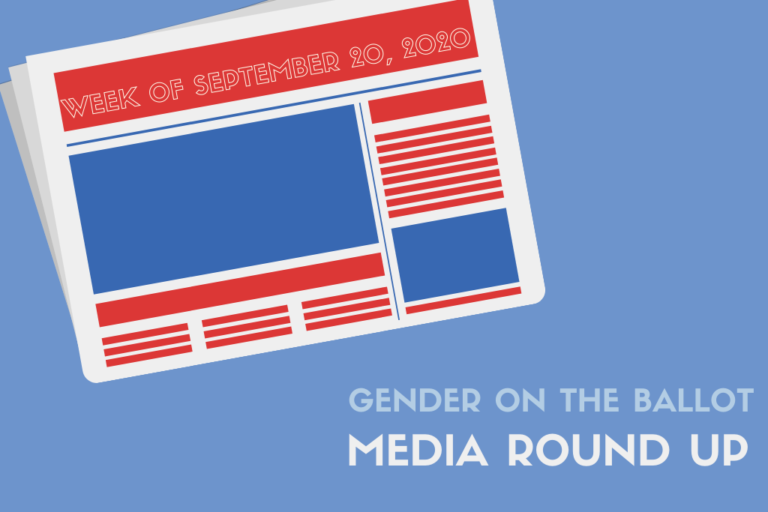Happy Friday! Welcome to our Media Round Up. Each week we’re collecting and sharing our…
Media Round Up: Week of September 4th

Happy Friday! Welcome to our Media Round Up. Each week we’re collecting and sharing our favorite gender + politics stories. Here’s what caught our eye this week:
U.S. men’s and women’s soccer teams formally sign equal pay agreements
Anne M. Peterson, Associated Press
On Tuesday, representatives for the women’s and men’s U.S. national teams signed their collective bargaining agreements, closing the gender pay gap in U.S. soccer. The new agreements will run through 2028, and include, “identical pay structures for appearances and tournament victories, revenue sharing and equitable distribution of World Cup prize money.” The signing ceremony was held at Audi Field in Washington with Secretary of Labor Marty Walsh, following a women’s match against Nigeria.
Read the full story here.
Primary results suggest sea change for women in Massachusetts politics
Stephanie Ebbert, Boston Globe
For the first time in history, the Massachusetts primary election was dominated by women candidates. Out of the six statewide Democratic races that took place on Tuesday, women won five primaries. Maura Healey and Kim Driscoll emerged as the Democratic nominees for governor and lieutenant governor respectively, and voters could make history in November by electing the first all-female duo to lead a state in America. In addition, Republican Leah Allen Cole (for Lieutenant Governor), Democrat Andrea Campbell (for Attorney General), Republican Rayla Campbell (for Secretary of State), Democrat Diana DiZoglio (for Auditor), and Democrat Deb Goldberg (for Treasurer) will all be on the November ballot.
Read the full story here.
What makes state legislatures uniquely prone to alleged harassment
Jennifer Gerson, The 19th*
According to findings from the Associated Press, statehouses can be a place where abuse and harassment between the powerful and less empowered flourish, usually with a lack of consequences. The Associated Press tracked all complaints of harassment in state legislatures for one year with a sum of 76 reports made nationwide between 2017 and 2018. By 2019, the number of complaints in the statehouse had grown to 90. A study published in 2019 by a professor at Georgetown University’s Law Center found that harassment allegations are more or less equally made against Republican and Democratic lawmakers. The study also found that an overwhelming majority of the reports were women coming forward against men.
Read the full story here.
Cameras, Plexiglass, Fireproofing: Election Officials Beef Up Security
Neil Vigdor, New York Times
As the nation inches closer to midterms in November, election officials are beefing up security for themselves, their employees, polling places, and even drop boxes. In Wisconsin, a key swing state, polling locations installed plexiglass and cameras after a man tried to open locked doors during an election in April. In Maricopa County, Arizona, a security fence was put up to protect the perimeter of a vote tabulation center after election workers had to be escorted through a group of election deniers to reach their cars in 2020. And in Colorado, Jena Griswold, the state’s top election official, paid for private security out of her budget after a stream of threats.
Read the full story here.







